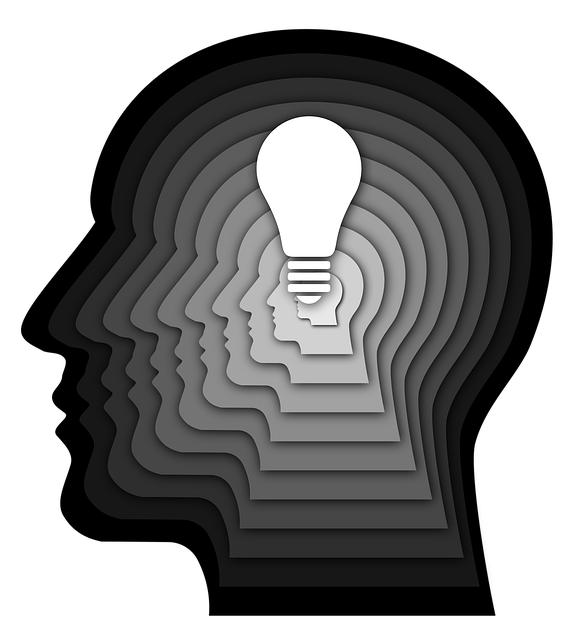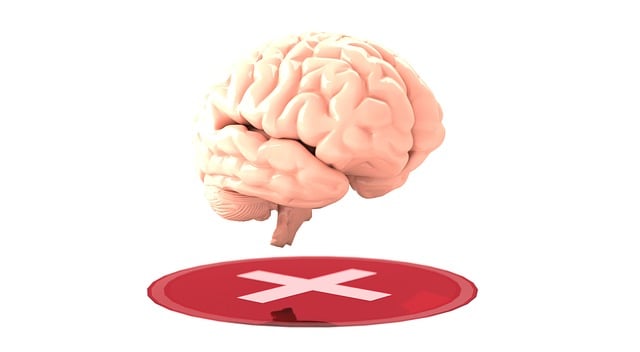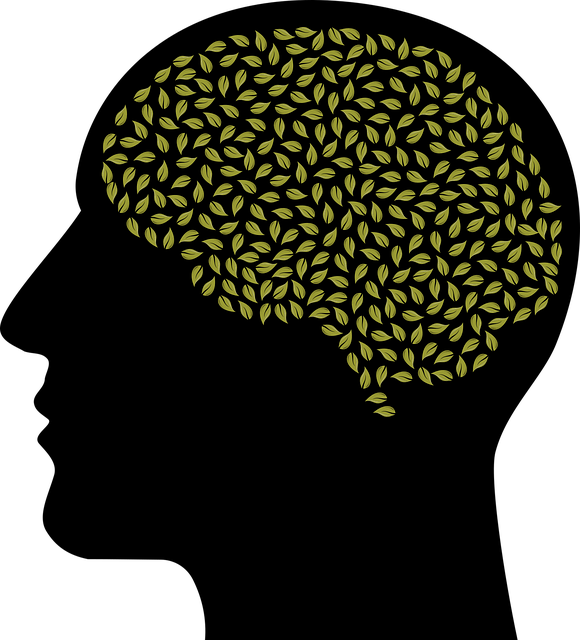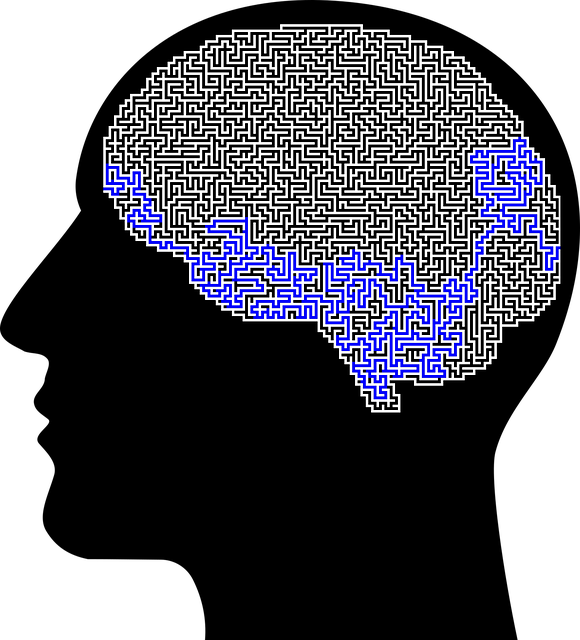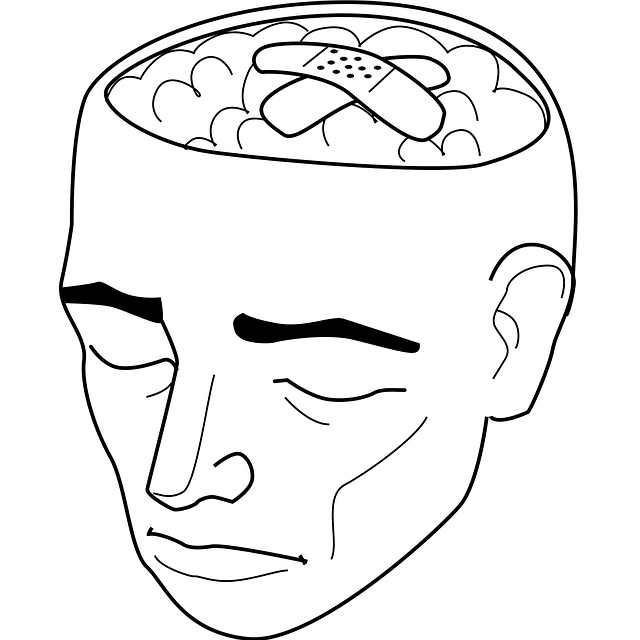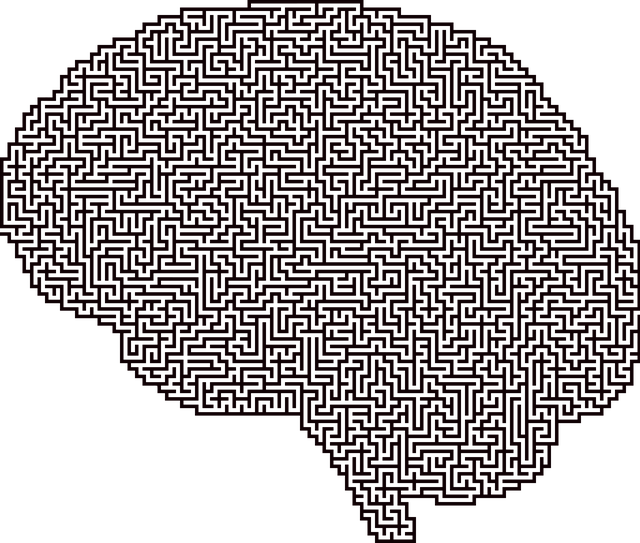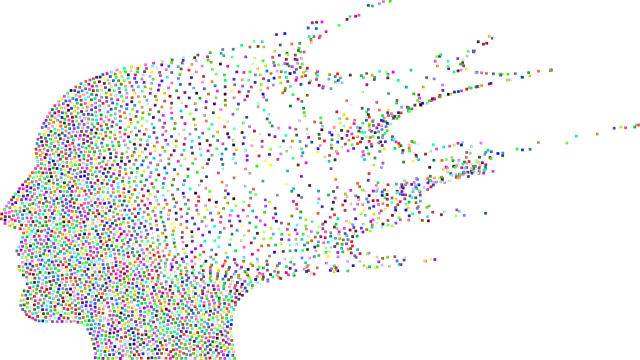Designing effective programs for elders and couples involves understanding unique mental health needs, including cognitive decline, loneliness, and relationship shifts. Key strategies include therapy for elders focusing on well-being education and group therapy, plus couples counseling for communication skills, conflict resolution, and emotional regulation. Customized models enhance outcomes, improving relationships, resilience, and quality of life through tailored self-care practices, empathy building, and mind over matter principles in both individual and group settings.
Mental health education programs play a pivotal role in fostering well-being, especially for vulnerable populations like elders and couples. This article guides you through designing comprehensive therapy programs tailored to their unique needs. We delve into understanding specific mental health challenges faced by these groups, offer strategies for effective counseling, and provide implementation tips to ensure optimal engagement and impactful results. By exploring evidence-based approaches, professionals can enhance the accessibility and effectiveness of mental health support.
- Understanding Mental Health Needs of Elders and Couples
- Designing Effective Therapy Programs for Targeted Groups
- Implementation Strategies for Optimal Engagement and Results
Understanding Mental Health Needs of Elders and Couples

Understanding the unique mental health needs of elders and couples is paramount when designing effective programs. Aging brings a host of challenges that can impact mental well-being, from cognitive decline to loneliness and social isolation—issues often exacerbated in the absence of adequate support systems. For couples, relationships can undergo significant shifts due to age-related changes, illness, or financial stressors, leading to increased conflict or, conversely, a need for new forms of intimacy.
Program designers must incorporate therapy for elders and couples counseling to address these complexities. Techniques like conflict resolution can equip individuals with healthy communication strategies, while resilience building strengthens their ability to navigate life’s curveballs. Self-care practices tailored to older adults and couple dynamics can foster coping mechanisms, enhance overall well-being, and promote meaningful connections at every stage of life.
Designing Effective Therapy Programs for Targeted Groups

Effective therapy programs require tailored design to cater to specific needs of targeted groups. For instance, mental health education for elders should focus on addressing age-related concerns and promoting strategies that enhance their overall well-being. Group therapy sessions can be particularly beneficial in fostering social connections and providing a sense of community among older adults.
When designing programs for couples, counseling approaches should emphasize communication skills, conflict resolution techniques, and compassion cultivation practices to strengthen relationships. Incorporating confidence-boosting exercises can also help partners navigate challenges with renewed optimism. Customized therapy models that recognize the unique dynamics of different relationships are vital to ensuring successful outcomes in mental health education programs design.
Implementation Strategies for Optimal Engagement and Results

Implementing a mental health education program requires a strategic approach to ensure optimal engagement and impactful results. One effective strategy is couples counseling, particularly beneficial for older adults facing relationship challenges that impact their emotional well-being. By facilitating open communication, empathy building strategies can foster deeper connections between partners, enhancing their ability to navigate life’s stresses together. This not only improves relationship satisfaction but also strengthens their individual resilience through emotional regulation techniques.
Integrating mind over matter principles into the program encourages participants to cultivate a positive mindset, which is crucial for mental health. Teaching coping mechanisms and stress management strategies empowers elders to take control of their emotional lives. Group sessions can create a supportive environment where individuals learn from one another’s experiences, fostering a sense of community and normalcy. Tailoring these strategies to the specific needs of older couples can significantly contribute to improving their overall mental health and quality of life.
Mental health education programs that effectively target elders and couples can significantly improve their well-being through tailored therapy. By understanding specific needs, designing targeted interventions, and implementing engaging strategies, we can enhance access to quality care. Incorporating evidence-based practices in elder and couple counseling ensures positive outcomes, fostering stronger, healthier relationships and improved mental resilience. These initiatives are vital steps towards a more inclusive and supportive society for all ages.
